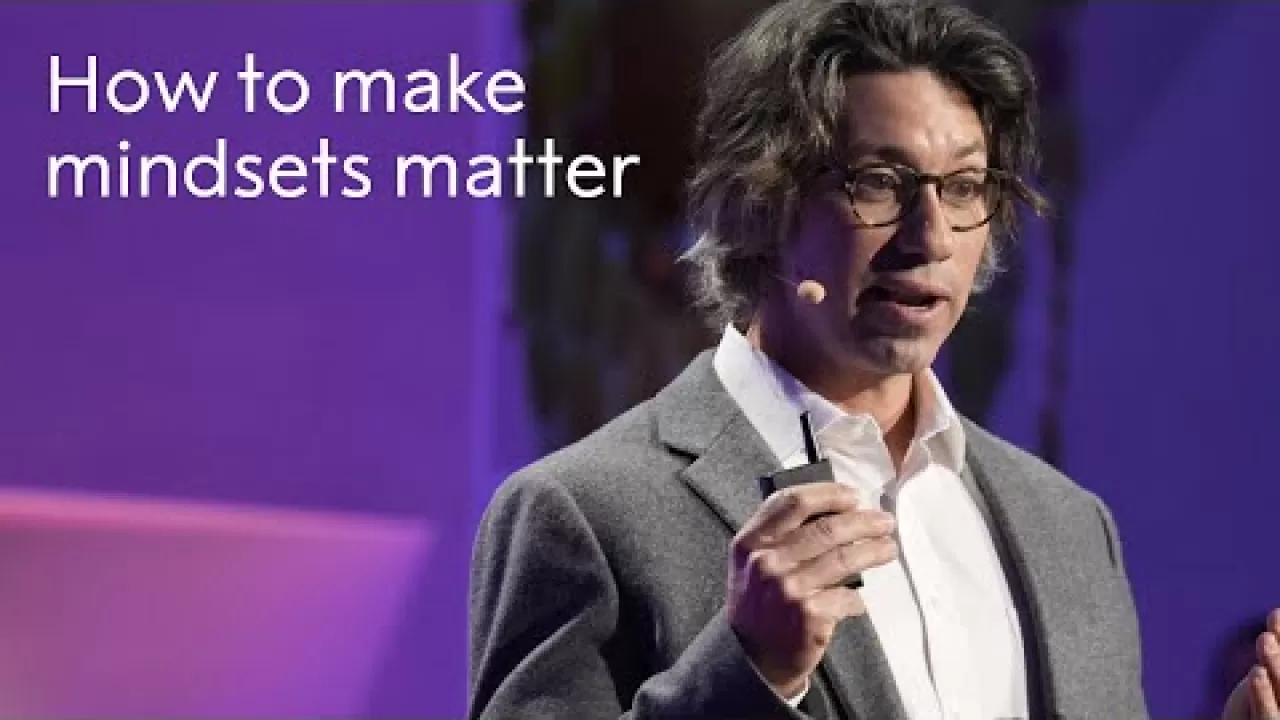#8 Nat Kendall-Taylor

In his succinct lecture at the Nobel Prize Summit in Washington in May 2023, psychological anthropologist Nat Kendall-Taylor talks about our mindsets and the prejudices that shape our thinking. His starting point is the question, regularly posed in Western democracies, regarding public trust in science. A growing number of citizens in the West – just over 50 percent – believe science is dependent on politics and guided by self interest, and that it only appears to be rational. They regard it as a tool of the establishment, as manipulative and unreliable. Kendall-Taylor explores the attitudes behind these statements and asks what the scientific community itself can do to combat them.
According to Kendall-Taylor, a key attitude that shapes many people’s thinking, especially in the West, is radical individualism, which leaves little room for a nuanced view of the need for state, institutional, or legal governance. And he claims that many scientists tend to use their explanations to persuade others, which produces intellectual resistance. Kendall-Taylor recommends a number of argumentative strategies to overcome this dilemma: Scientists should avoid stereotypical scientific arguments – references to majority opinions in research (“science says”), and supposedly unshakable certainties. What is important, he says, is the power of examples, which not only illustrate an argument, but also make it more robust. Every hypothesis must be explained, every assumption illustrated with concrete examples. Scientific discourse should never aim to overpower because our entrenched mindsets tend to protest and resist if they are openly attacked.
In his entertaining lecture, Kendall-Taylor advocates building trust through clarity. In doing so, he sets all scientists, whatever their discipline, a vital communications task that is particularly important in times of crisis. The future will bring more challenges that will be just as difficult as those posed by the Covid-19 pandemic. We will face environmental and health crises, and science will have to assert itself as a reliable system that shows people how they can go about solving social problems. Prejudicial mindsets can only be broken down by scientific discourse that doesn’t come across as elitist and sure of itself, but questions its own mindsets by constantly striving to overcome limitations, resistance, and opposing views. More people will trust science if science takes its explanatory mission seriously and convinces people through the power of intellectual integrity.
Peter-André Alt
Date May 31, 2023
Length 15 mins
Language English
Title, series How to make mindsets matter, Nobel Prize Summit 2023
Video The Nobel Prize